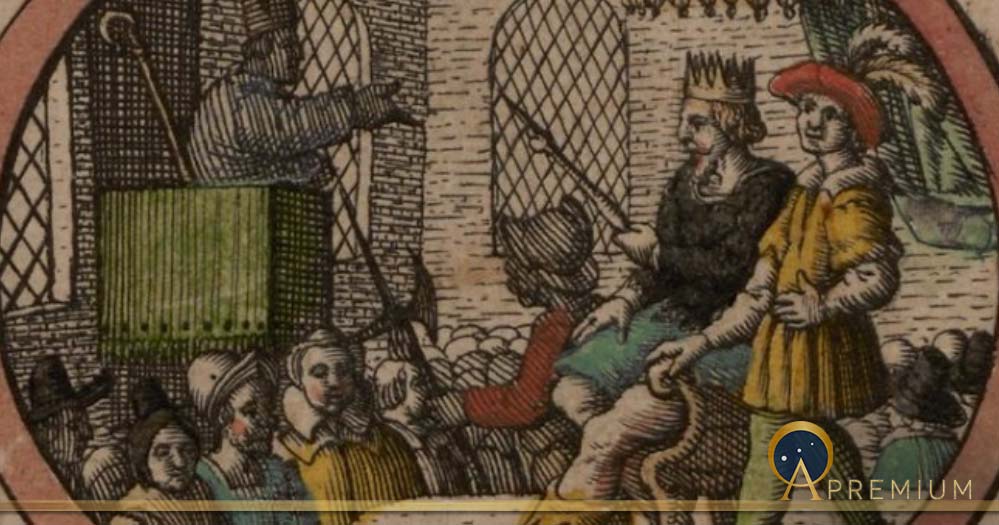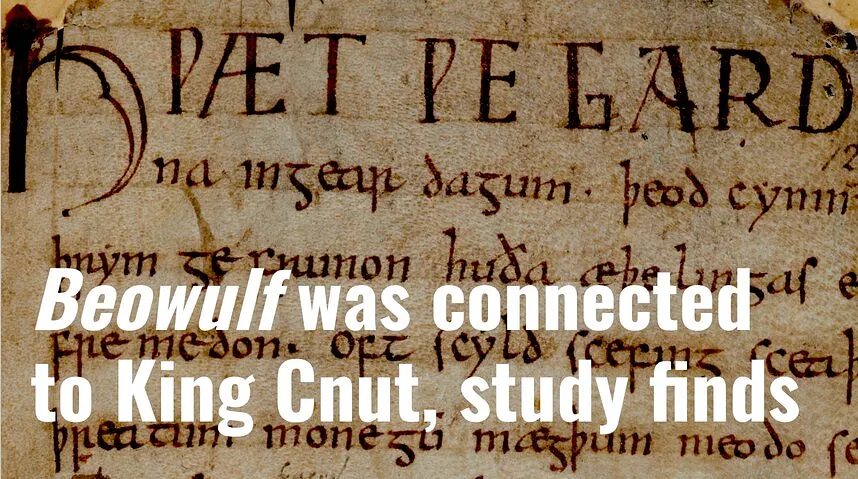
Gewissae was an Anglo-Saxon kingdom that ruled much of southern Britain from the fifth to the seventh centuries as the island began forging a new identity in the aftermath of Roman occupation. Beginning with the fabled reign of the mysterious Germanic invader Cerdic and ending with the documented conquests of Cædwalla, the Gewissae straddled the murky line between myth and history and as such, many of the dates discussed have been the subject of intense historical debate and should not be viewed as definitive fact.
Cerdic and Cynric
The first recorded king of the Gewissae was Cerdic, an obscure individual allegedly of Germanic stock said to be directly related to Gewis, a mythological founding figure. According to the Anglo-Saxon Chronicle , Cerdic and his son Cynric first arrived in southern Britain at a place called Cerdicesora in 495 with five ships. Later on in 508 a great battle involving an indigenous British ruler called Natanleod is recorded, with Cerdic and his son emerging triumphant. For the next decade or so, the pair established themselves in the region though military force and became kings in 519 after defeating the British at Cerdicesford, a settlement which has since been identified as Charford in Hampshire.
Read the rest of this article...

